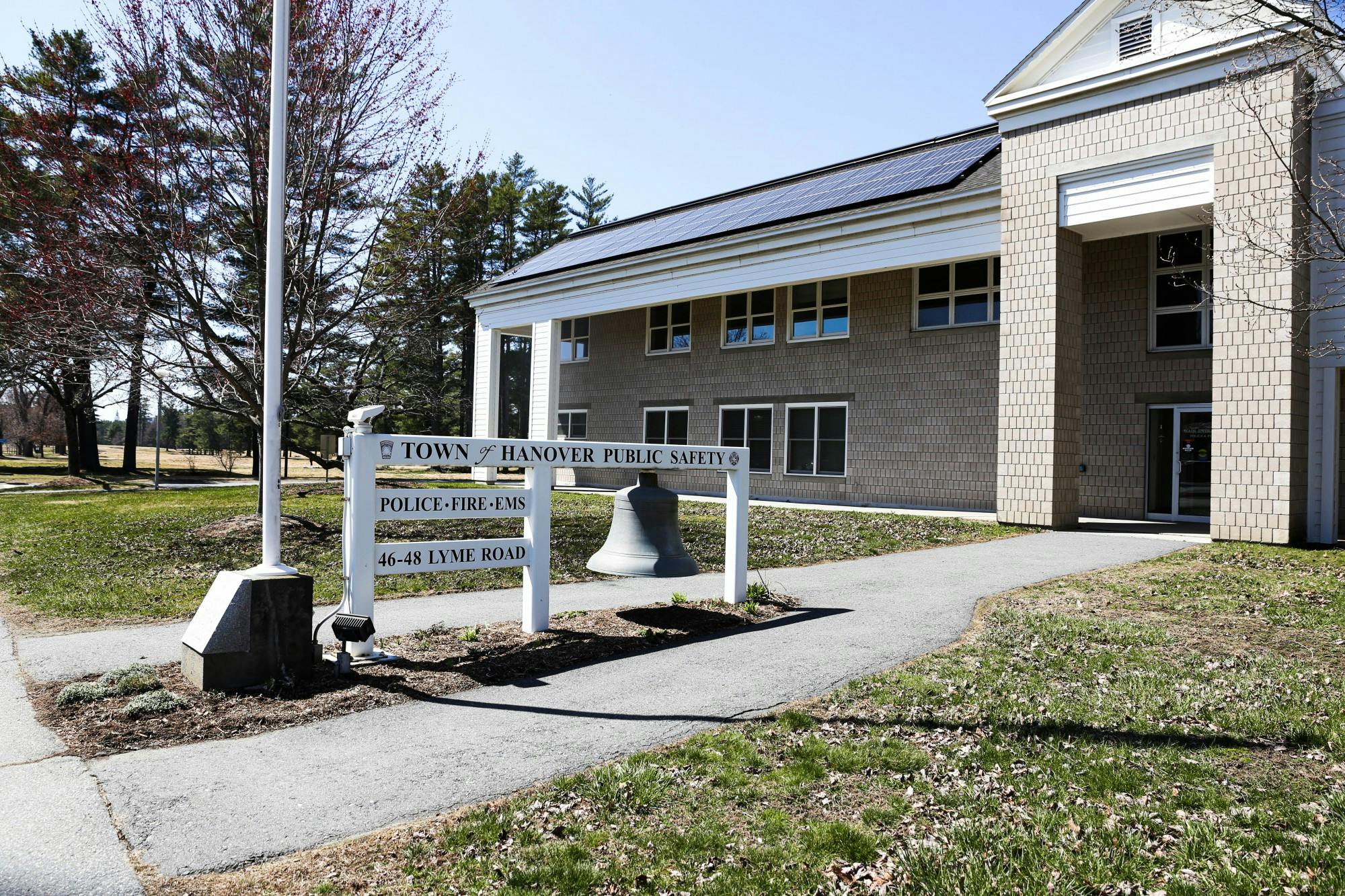William Menard, a former Dartmouth employee who was arrested on Feb. 20 for groping two women in West Lebanon, was released from Grafton County jail on March 28. According to Lebanon police chief Philip Roberts, Menard is now awaiting trial. Prior to his arrest, Menard was banned from campus on Jan. 25 after five cases of unwanted sexual touching near Dartmouth, which were separate from the more recent assaults in West Lebanon.
Menard was charged with eight counts of “misdemeanor sexual assault” for the incidents in West Lebanon, and one of his crimes has been referred to the Grafton County attorney’s office to be prosecuted at a felony level, Roberts added. Currently, Menard is under home confinement and “heavy surveillance,” which includes wearing an ankle monitoring device, according to Roberts.
Menard allegedly attacked an unnamed first victim in the parking lot of a West Lebanon Walmart and then assaulted Emma Wardwell, another shopper, in the parking lot of a nearby Target, according to the Valley News. Roberts said the intervention of two witnesses was key to identifying the suspect.
“We owe the two young bystanders who witnessed the whole thing from their car and tried to track Menard down,” said Roberts. “They were able to provide us with Menard’s license plate number by following the vehicle at a crucial moment, when our attention was divided by the fact that both of these incidents had occurred very close to one another.”
Crimes like Menard’s are “very rare” in the Lebanon and Hanover areas, with only about one or two occurring annually, according to Roberts. He added that it is especially difficult to predict crimes when the defendant’s motives are “unclear psychologically” and when the victims are chosen “seemingly at random with no prior connection [to the defendant].”
According to Roberts, the most “concerning” element of Menard’s criminal behavior was the “marked escalation.” Unlike the incidents at Dartmouth — when Menard grabbed the backsides of victims — in West Lebanon, he put his hands beneath the womens’ clothing, in the front of their pants.
Following the five attacks on Dartmouth students in January, Menard was charged with a single “misdemeanor count of simple assault” and was released on “personal recognizance bail,” according to Hanover Police detective sergeant Nicholas McNutt. This kind of bail requires a written promise that the perpetrator will not violate the agreements in their bail contract and doesn’t require the perpetrator to pay, McNutt said.
Menard spent no time in jail as a result of the Dartmouth attacks, but McNutt said that this entitlement was “conditional.” The logistics of enforcing Menard’s ban from campus remained the sole prerogative of the College, according to McNutt.
“That doesn’t mean [Hanover police] can’t be of service,” clarified McNutt, “[We can] work collaboratively, as we have in the past … even if [the College] has the final say.”
In addition to the sanctions imposed on Menard after the West Lebanon attacks, McNutt said the College should consider “extra precautions” but admitted that “coming up with a sure plan that can predict and prevent [such acts] from happening is difficult.”
“How they want to enforce [Menard’s ban from campus] is not up to Hanover police, that’s up to Dartmouth College itself,” he said.“As far as safety on campus is concerned, we can coordinate, but ultimately, Dartmouth’s Safety and Security should always have their guard up.”
The director of the Department of Safety and Security, Keiselim Montás, said that Menard would be arrested if he violated the ban.
“All of DoSS staff are aware and alert, and if that individual were to come onto Dartmouth property, he would be arrested,” Montás wrote.“As always, our greatest ally is our community members who report things to us without delay.”
Enforcing Menard’s ban from campus will rely on the Dartmouth community looking out for him, McNutt said.
“As far as the Hanover Police, we’re always out [patrolling],” McNutt said. “There are certain limits, though, to how we can operate, where we can go. As cliché as it sounds, if people in the public see something that seems out of place, then say something, say something, say something.”




